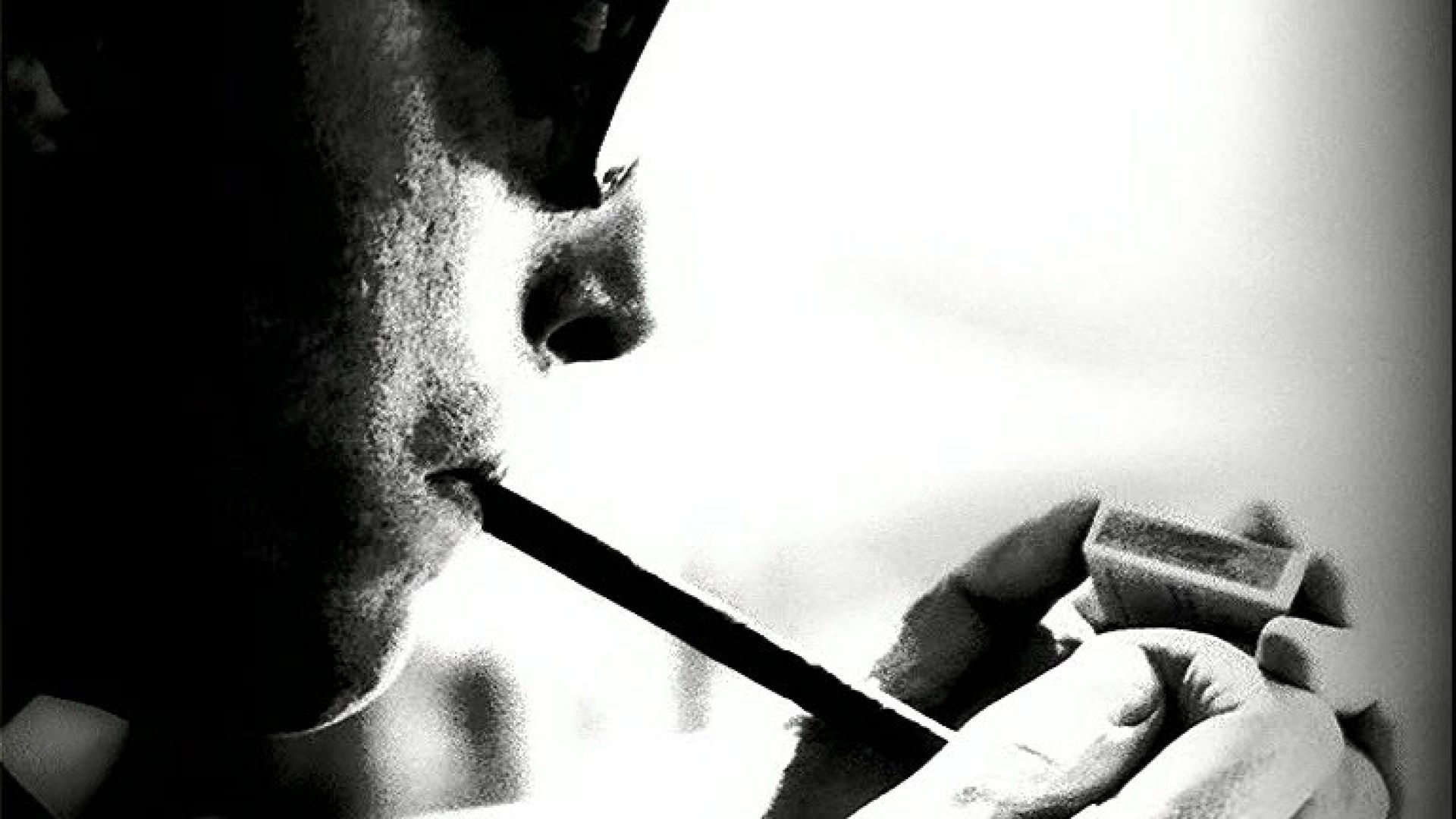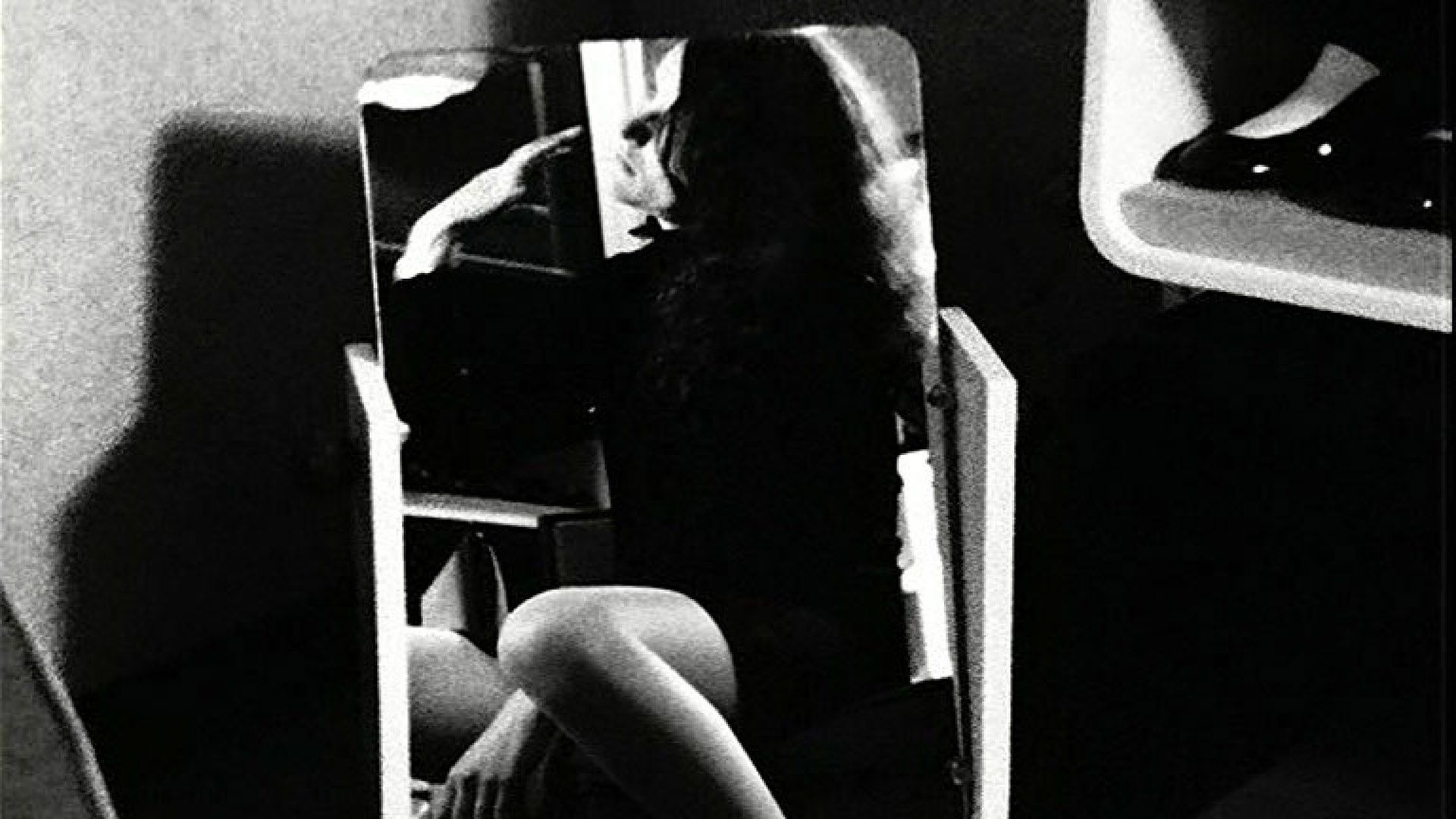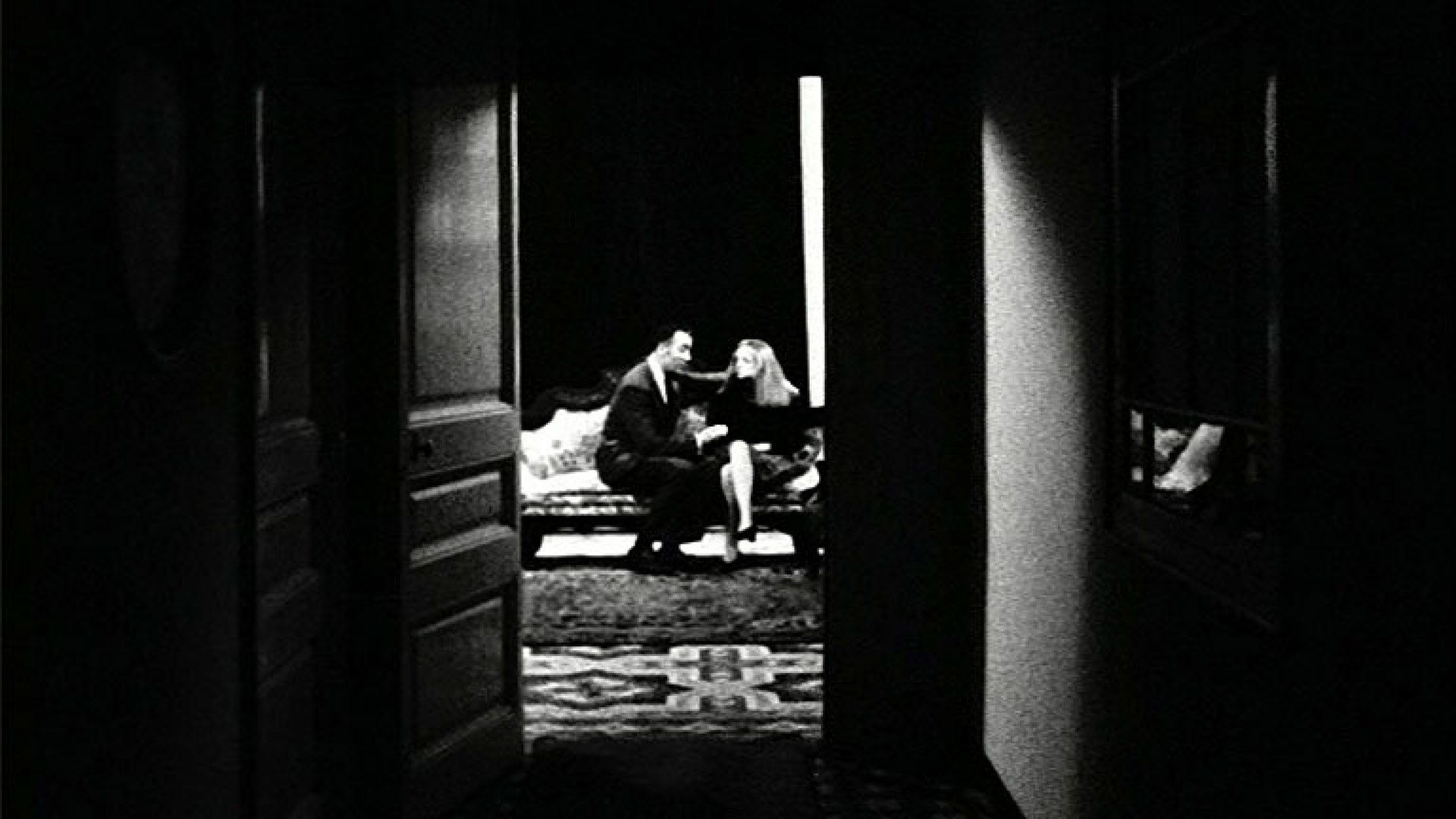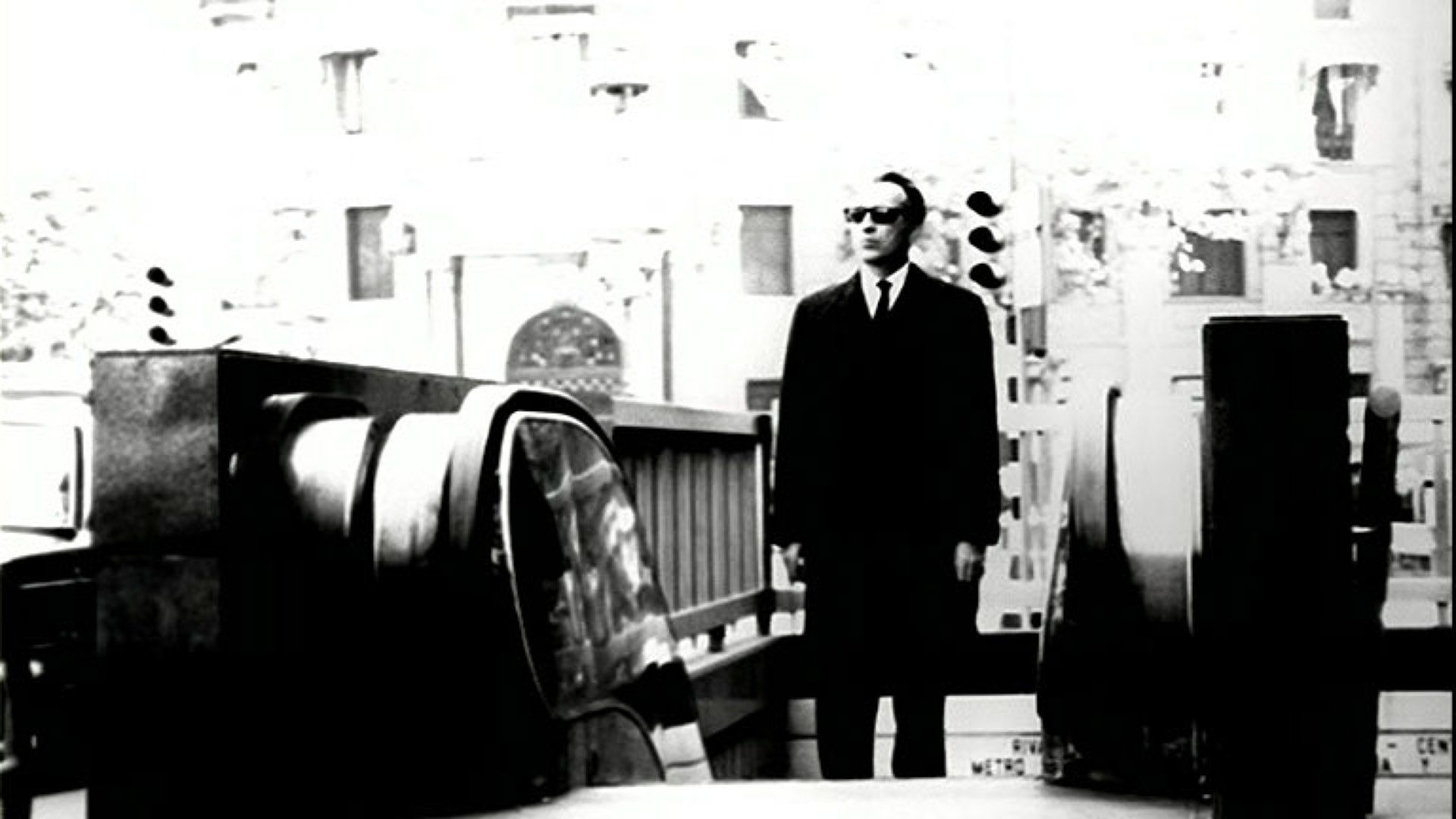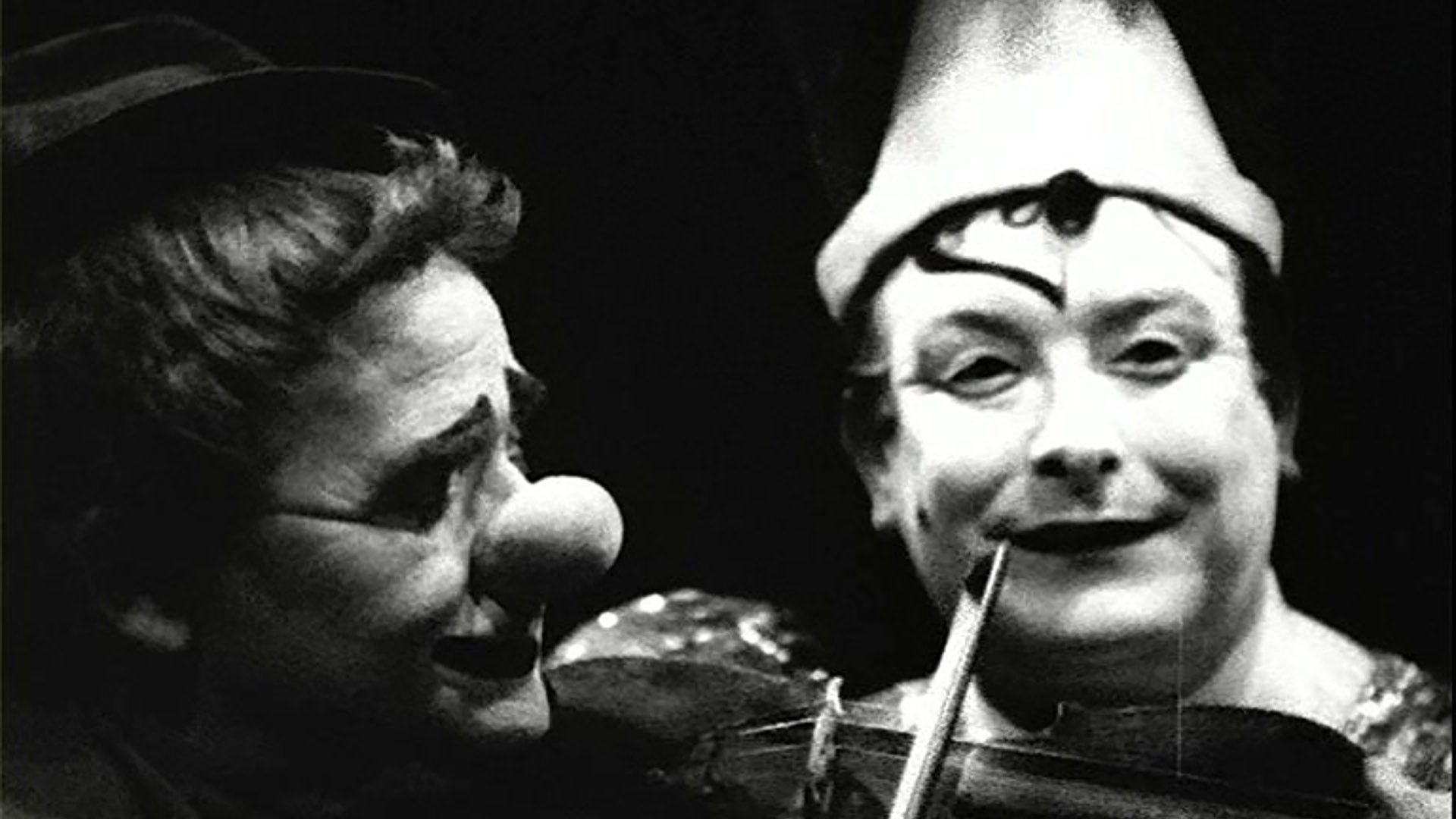Umbracle
Christopher Lee haunts Barcelona as Portabella pushes cinema to its limits to disarm the authoritarian gaze.
A bridge between Spanish modernism and the European avant-garde, Pere Portabella – who produced works by Buñuel, Saura, and Ferreri – delivers perhaps his boldest film with “Umbracle” (1972).
Shot clandestinely amid Francoist censorship and death sentences, the film turns the silencing and fracturing of the subjugated subject into a critical device of the medium itself against the symbolic violence of authoritarian discourse.
From that premise, the film unfolds as an urban phantasmagoria. Christopher Lee, freed from narrative ties, drifts through a spectral Barcelona while the editing strings together shock sequences, disarms hegemonic codes, and tightens the viewer’s expectations. This combination of forces allows the filmmaker to test the limits of cinema as resistance and to open a space for critical reappropriation in today’s cinema.
For all this, “Umbracle” endures as an emblem of cinema’s formal power to confront any authoritarian gaze and stands as a living instrument for the present.
Adrián Onco
Presented by


